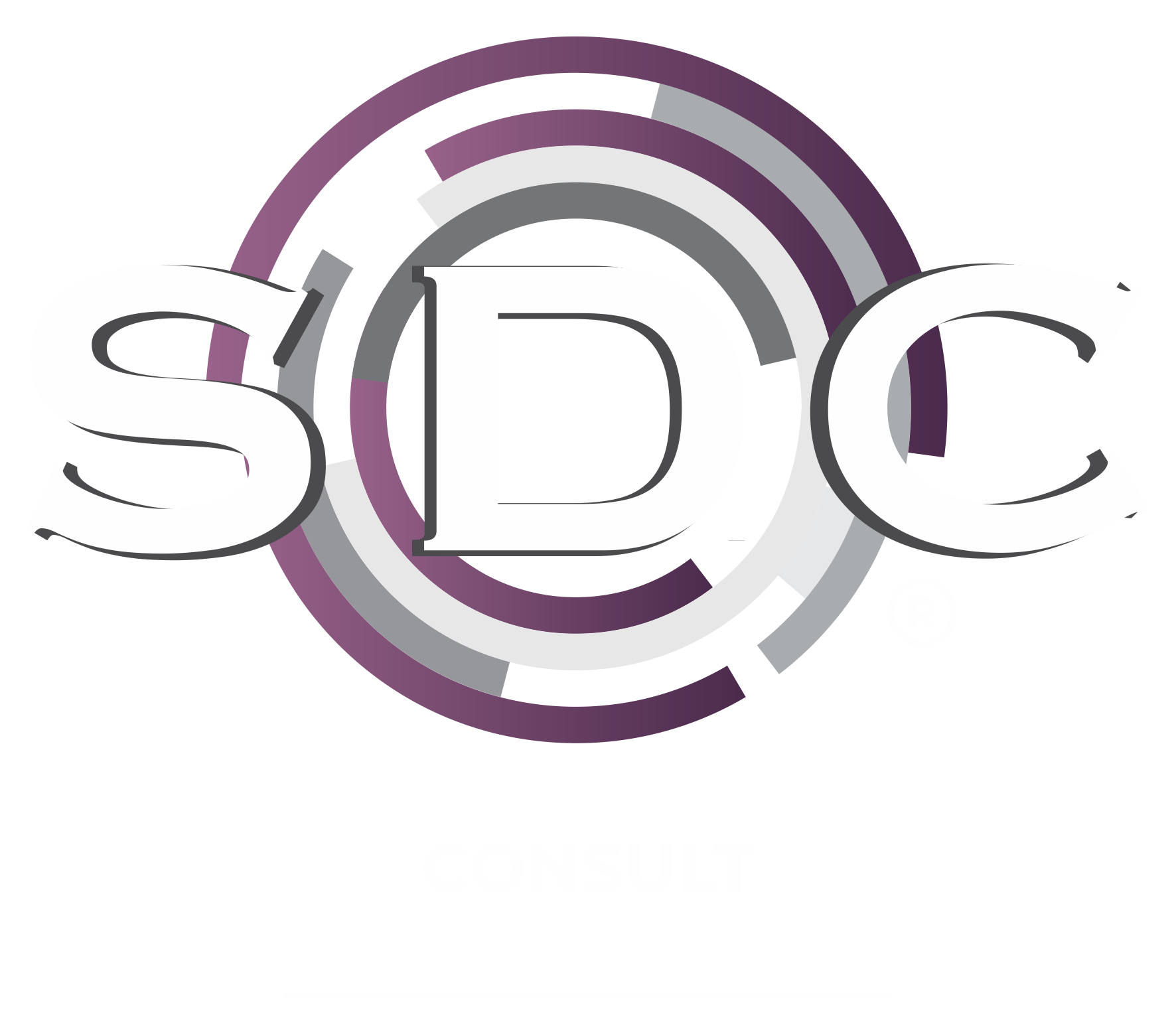
-
SDC Consult > Blog > Employment Equity > Mastering Employment Equity
Blog Details
Mastering Employment Equity: Is Your Workplace Truly Fair?

When you look around your office, do you see a team that reflects the rich mix of people in South Africa? Or does the term “Employment Equity” simply make you think of endless forms and government targets?
You’re not alone. But here’s the truth: Employment Equity (EE) isn’t just about compliance. Done right, it’s about unlocking the real potential of your company.
In this piece, we’ll unpack what EE really means, why it matters more than ever in 2025, its compliance requirements, and the impact it has on businesses of all sizes.
What Employment Equity Really Means
-
At its core, Employment Equity is about levelling the playing field. It has two main aims:
• To remove unfair discrimination: Making sure no one is held back from opportunities because of their race, gender, pregnancy, religion, sexual orientation, or disability.
• To ensure fair representation: Proactively creating workplaces where every level, from entry to executive, reflects the diversity of South Africa.
Picture a 400-metre race. Equality means everyone runs the same distance. Equity recognises that, because of our history, some people were forced to start 100 metres behind. EE moves the starting blocks so everyone has a fair chance to compete and succeed on their own merit.
Why Employment Equity Exists
EE is rooted in our history. For decades, apartheid deliberately excluded most South Africans from skills development, decent jobs, and economic opportunity.
Employment Equity isn’t about punishment—it’s about redress. It’s a tool designed to remove old barriers and create a fairer, more inclusive economy that works for everyone.
Compliance Requirements: What Businesses Need to Know
In 2025, Employment Equity compliance is more than just best practice, it’s the law. Companies with 50 or more employees are considered designated employers and are legally required to:
• Develop and implement an Employment Equity Plan that sets out measurable objectives and strategies.
• Submit annual Employment Equity Reports to the Department of Employment and Labour.
• Meet sector-specific numerical targets introduced under the 2022 amendments to the Act.
• Consult with employees and stakeholders to ensure buy-in and transparency.
Failure to comply doesn’t just carry the risk of penalties and fines—it can also block access to government contracts and tenders, making compliance a strategic business necessity.
Common Myths About EE
Myth 1: “EE forces companies to hire unqualified people.”
Fact: The law is clear—no employer must hire anyone who doesn’t meet the job requirements. EE simply encourages companies to give opportunities to qualified candidates from designated groups (Black people, women, and people with disabilities) when they are equally suited for the role.
Myth 2: “EE is all about quotas.”
Fact: Quotas are illegal. Instead, sector-specific targets have been introduced from 2025. These are realistic goals to guide progress, not hard numbers that must be forced. Companies create their own EE plans to show how they’ll work towards them.
Myth 3: “EE is reverse apartheid.”
Fact: Apartheid was permanent exclusion. EE is temporary redress. It exists to create equal opportunity and inclusion. The ultimate goal is a society where such measures aren’t needed, because fairness is the norm.
The Real Impact and Benefits of Equity
Businesses that approach Employment Equity with commitment and sincerity don’t just avoid penalties, they gain a competitive edge. EE compliance has a direct and positive impact on business performance:
• More innovation: Different perspectives spark better ideas and solutions.
• Closer to the market: A team that mirrors the country understands and serves customers better.
• Attracting talent: Top performers want to work where fairness and growth are priorities.
• Stronger culture: When people feel valued and see opportunities, morale and collaboration improve.
In short, EE compliance builds credibility, strengthens employer branding, and opens the door to new opportunities.
Looking Ahead
With sector targets now in play, Employment Equity is no longer just a legal requirement—it’s part of how South Africa plans to grow and thrive.
So next time you hear “Employment Equity,” don’t think paperwork. Think opportunity. Think fairness. Think of a workplace where everyone, no matter their starting point, has the chance to succeed.
At SDC Consult, we turn Employment Equity from a compliance headache into a business advantage. Our specialists guide you through every step—from setting up a diverse EE committee and drafting a tailored plan to preparing annual reports and meeting sector targets. We’ll help you remove barriers, meet legal requirements, and build a workplace that’s both fair and future-ready. Partner with us to achieve true Employment Equity and unlock the full potential of your people and your business.
Short Courses
- Basic Conditions of Employment
- Fire Fighting
- Computers In The Workplace
- Customer Service
- Decision Making and Resource Management
- Emotional Intelligence
- Employment Equity
- Basic Excel
- Perform Basic Life Support & First Aid Procedures
- HIV and AIDS Awareness
- Human Resource Management
- Junior Management
- Leadership and Mentoring
- Marketing 101
- Occupational Health and Safety
- The Personal Assistant




Recent Comments